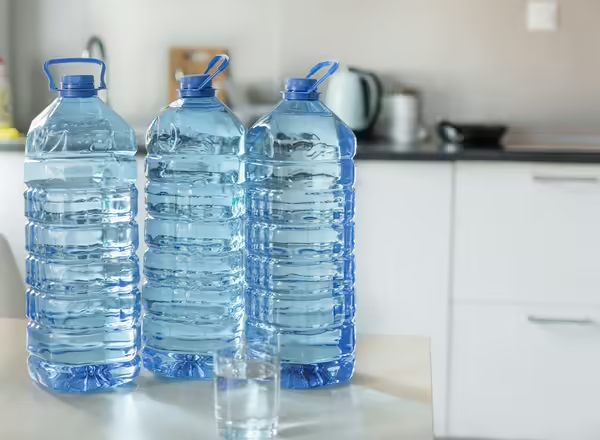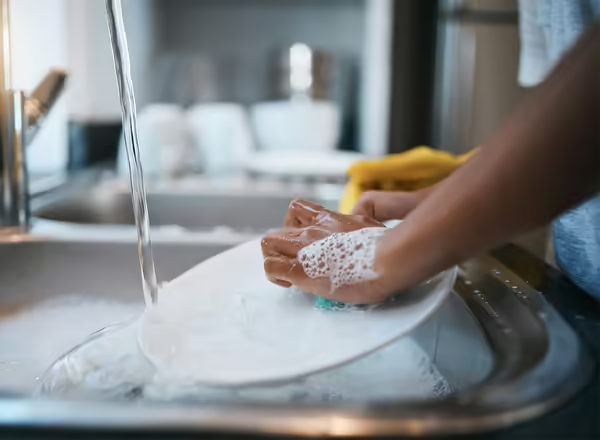Title
Boil Orders and Advisories
Boil-water advisories are public announcements by local water authorities advising the public to boil tap water for drinking and other human consumption uses to protect public health from waterborne infectious agents that could be, or are known to be, present in drinking water.

Begin using bottled water or boiled tap water as soon as you know a local boil order or advisory is in effect. This includes using bottled or boiled water for drinking, making ice cubes, cooking, washing dishes, cleaning surfaces, brushing teeth, and providing water to pets.
- Boil tap water even if it is filtered.
- Do not use water from appliances, such as a refrigerator water or ice dispenser.
- Use disposable plates, cups, and utensils, if available.

Steps to Boil Water
- Add water to a heat-resistant container or electric kettle.
- Bring water to a full, rolling boil for 1 minute.
- Allow boiled water to cool before using to avoid burns.
Infant Safety: Powdered Formula Recommendations
For child safety, breastfeed infants or offer ready-to-use formula when possible.
If only powdered formula is available, prepare it with bottled or boiled water.
Do not prepare powdered formula with untreated tap water during a boil order.

Household dishwashers are safe to use if the water reaches a final rinse temperature of at least 150 F or if the dishwater has a sanitizing cycle. Eating off dishware that has been sanitized with diluted bleach is safe as well. Do not add extra bleach.
To Wash by Hand
- Wash dishes in hot water.
- In a separate container, add 1 teaspoon of regular, unscented household bleach to 1 gallon of room-temperature water.
- Add washed and rinsed dishes to the bleachwater solution for at least 1 minute.
- Let dishes air dry completely before using.